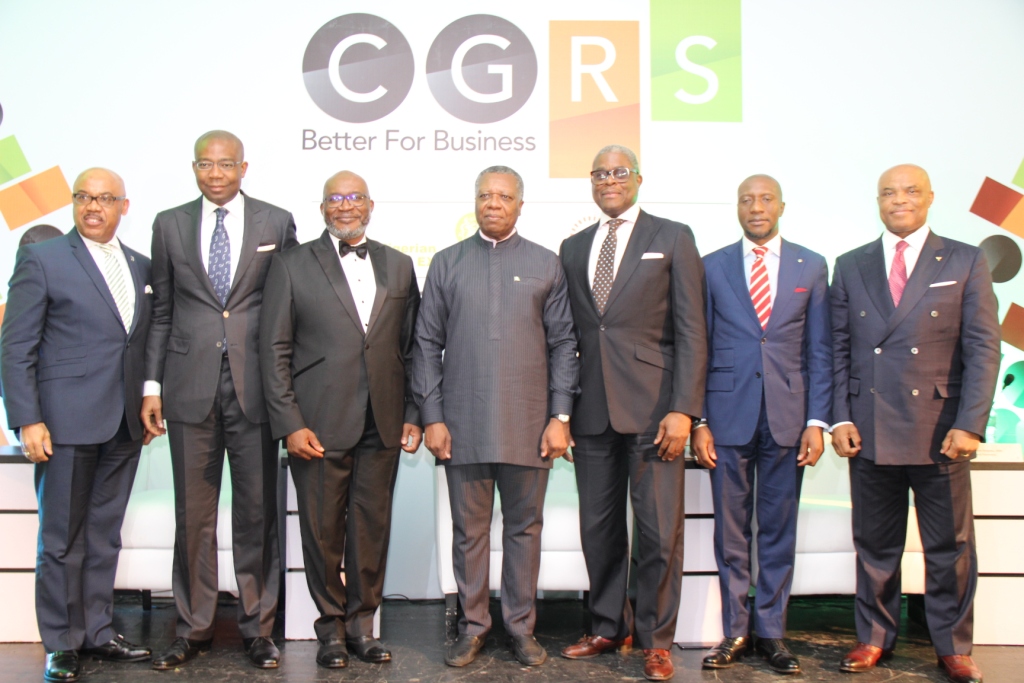According to the National Bureau of Statistics (NBS), Nigeria’s headline inflation rose by 21bps to 15.92% y/y in March – its highest print since October 2021 (15.99% y/y). The increase was primarily driven by the food basket (+9bps to 17.20% y/y), given the indirect impact of increased transportation costs amidst pre-existing structural challenges. Meanwhile, the core inflation (-10bps to 13.91% y/y) reversed the previous month’s uptrend despite higher utilities and transport prices. The headline inflation print is 5bps and 12bps higher than Cordros’ (15.87% y/y) and Bloomberg’s median consensus estimate (15.80% y/y), respectively. On a month-on-month basis, headline inflation rose by 11bps to 1.74% (February: 1.63% m/m).
In line with Cordros analysts expectation, food inflation rose for the second consecutive month, increasing by 11bps to 1.99% m/m in March (February: 1.87% m/m). For us, the persistent increase in food prices reflects the lingering effect of the (1) pass-through impact of increased transportation costs and (2) persistent security challenges in food-producing states. On the latter, Famine Early Warning Systems Network (FEWSNET) noted that conflict remains high in the Northeast despite increased military operations. Besides, bandit attacks and kidnapping in the Northwest and Northcentral parts of the country have also been concentrated in food-producing states, including Zamfara, Kaduna, Katsina, Niger, Plateau, and Sokoto states. Consequently, we highlight that farmers’ engagement in dry season agricultural activities remains lower than usual despite support from various stakeholders, including the Central Bank of Nigeria (CBN) and the Borno state government.
Surprisingly, the core inflation (-36bps to 0.98% m/m) moderated on a month-on-month basis to its lowest level in five months despite the increase recorded across all its sub-baskets. Notably, price pressures were most significant in the Utilities (+14bps to 1.37% m/m), Transport (+19bps to 1.49% m/m) and Education (+13bps to 1.36% m/m) sub-baskets. We attribute the increase to the persistent impact of higher global gas and other energy prices. At the same time, the pressure in the Education sub-basket is consistent with the education tax increase in line with the 2021 Finance Act.
Overall, we expect the headline inflation to settle at 1.62% m/m in April, with the corresponding base from the prior year translating to a 75bps increase in the y/y inflation rate to 16.66%.









